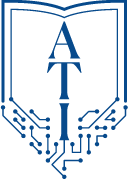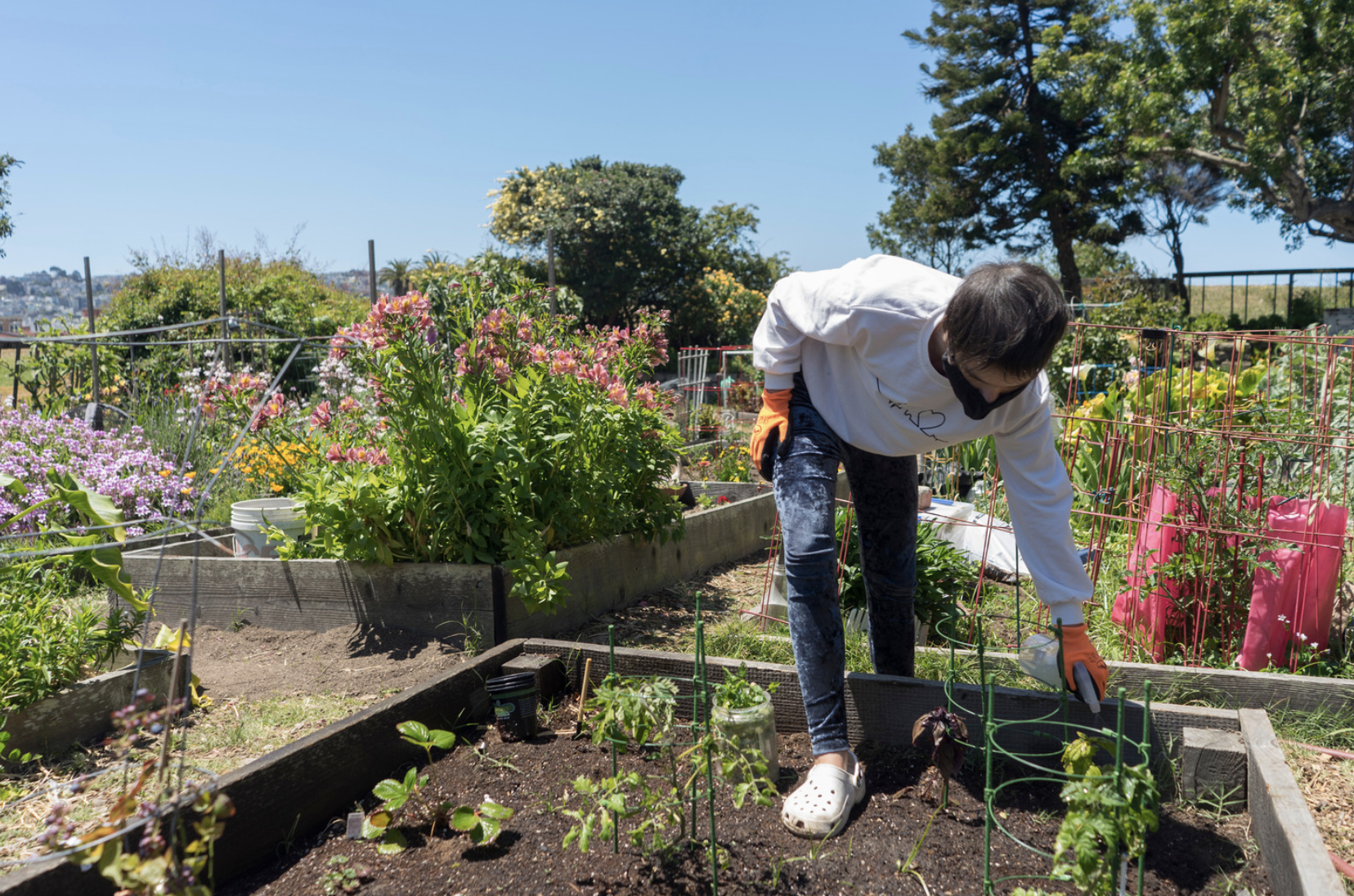Montessori education for adolescents
A fully conscious life starts at adolescence
Independence emerges from choice and rigor
Work is fundamental
Adolescence is a social stage
A Montessori-inspired Middle and High School
A fully conscious life starts in adolescence.
Early in childhood, children gain a basic confidence in and mastery over their minds and bodies. In elementary school, children gain a basic conceptual framework for understanding the world. Adolescence is the time when children, moving towards adulthood, move also towards self-guidance and self-governance.
At ATI, we support and encourage the philosophical and social nature of this developmental phase. We offer teens the structure and space to start formulating a conception of their life in a more intentional way—and to start actually living it. Our programming is oriented around understanding the big ideas that move the world, and our coaching makes those ideas personal and relevant. Our students don't just prepare for examined lives, they live them.
Independence emerges out of both choice and rigor.
Traditional education may be rigorous, but it can feel like a straitjacket. Good students inevitably learn as much about working the system and checking boxes as about life. Progressive education is about sparking curiosity and interest, but too often doesn't offer enough structure to learn anything deeply or integrate knowledge within a larger framework.
The genius of the Montessori approach is the recognition of a third option. The right curriculum, learning environment, routines, and culture can result in scaffolding and rigor that are used to spark interest, increase ownership, and stimulate independent passions. Just like early childhood, Montessori education in adolescence uses uninterrupted work cycles and independent selection of learning materials. But the specific work and materials are developmentally appropriate, and lead to real work in the modern world—from internships, to entrepreneurship, to collaborating with mentors and peers around the world.
Work is fundamental to all human beings.
Montessori is among the only educators to recognize that work is a profound value to human beings, a source of both great utilitarian benefit and also enduring meaning. All children seek out real work but somewhere in their schooling, it becomes alienated and undesirable. ATI seeks to expand, and if necessary rekindle, the natural love of work. Middle and high school students are learning to organize, to draw satisfaction and motivation from setting their own goals and planning new plans. Fundamentally, Montessori emphasized that teens should do real work: not just in school, but fully in the world. Our students combine their academic foundations and individual interests to do real things in the real world.
Adolescence is a social stage.
Montessori called adolescents “social newborns,” interested in their society and community in a new way. Students are looking outward, eager to understand their place in the world, and school serves as a microcosm of that world. Teens need to connect with other people, they are looking for ways to collaborate, share, and contribute, and they are interested in questions of how to interact with others and manage interpersonal challenges on a personal and a grand scale. At ATI, students co-create their school communities, from writing school constitutions to to the artwork decorating the physical space. They set norms for morning meetings and collaborative work periods. They join in their wider communities — through volunteering, trips, entrepreneurship — and begin to explore their place in the modern world.
Montessori described a vision of adolescent education where students lived and worked on a farm, getting the chance to do real work, to apply knowledge in a way necessary for the promotion of their own well-being, and to thrive as productive members of a community. She called this idea “Erdkinder,” or “land children.”
ATI is a vision of Erdkinder for the modern world: a place where students come together, strive for independence, value real work, and gain the skills and knowledge they need to thrive.
“But above all: it is the education of adolescents that is important, because adolescence is the time when the child enters on the state of adulthood and becomes a member of society. ”
Experience school on your terms
Join a school community designed to support your education with coaching, small classes, and a commitment to our core values. Engage in deep study and personal exploration as a student at ATI.
Learn more about our:
Visit Higher Ground Education to learn more about our mission to make learner-centered education the mainstream.

